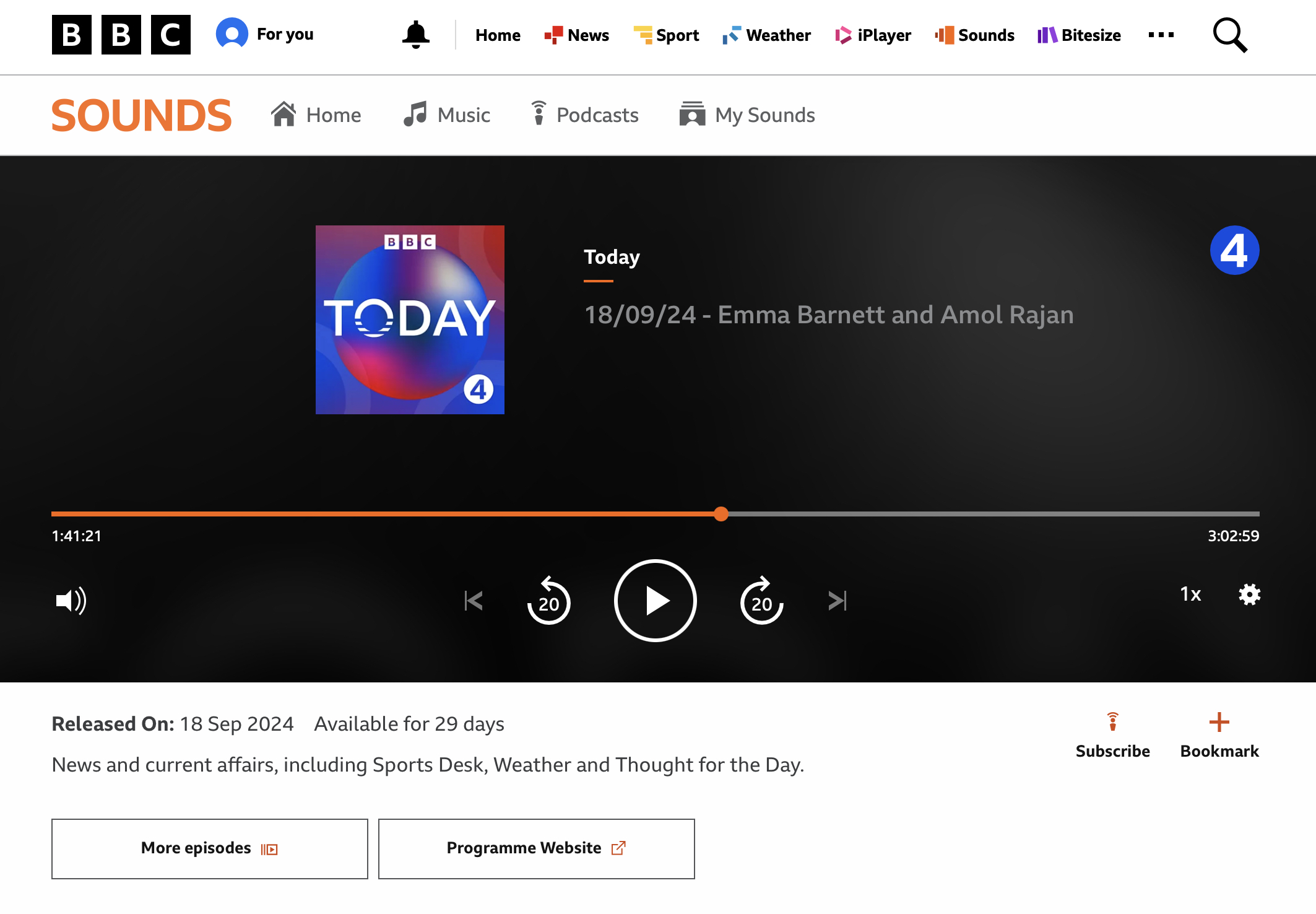OpenSAFELY for retail data? Every little helps
- Posted:
- Written by:
-
- The Bennett Institute for Applied Data Science
- Categories:

There was an interesting discussion on Radio 4’s Today programme this morning (from about 01:35:00 to 01:41:30), about using supermarket shoppers’ data for health purposes. Our work got a brief mention in passing, so we thought we’d expand on the discussion just a tiny bit.
The radio item began with a quote from Tesco chief executive Ken Murphy, suggesting that the AI could use data collected about customer behaviour via supermarket loyalty schemes to suggest behaviour change to customers, for their own health benefit.
It continued with commentary from Henry Dimbleby, author of the National Food Strategy, who said (emphasis ours):
“I think that the next step there is something much bigger, which is we have some of the best digital records in the NHS. If you can link those to tax and work data so you understand how health treatments are causing changes in income, which New Zealand do, and then link that to food data, kind of following some of the work that Tim Berners-Lee and Ben Goldacre are doing in Oxford. Then we could actually become a powerhouse.”
He was, we’re pretty sure, alluding to our work building OpenSAFELY with NHS England: OpenSAFELY is a huge, highly productive platform that lets users run analyses on the whole population’s health records, while also upholding the highest standards of privacy and transparency (using innovative methods covered in this 4 minute video).
Henry was making an important and insightful point. We realised some time ago that OpenSAFELY’s central purpose - making it possible to do research on private data in secure locations, without compromising anyone’s privacy - could be applied in other realms, beyond the realm of electronic health records.
Here’s the thing: we’ve already thought about possible future variants of OpenSAFELY, including one that might work with retail data - in a way that echoes what Ken Murphy was describing.
That retail data is obviously very different to the health records we’re accustomed to, but I suspect there will be some important common features. Ultimately, there will be insights in that data that are useful for improving the nation’s health, as much as changing the nation’s shopping habits. Those are the sorts of insights we exist to enable.
Our approaches - while not a complete lift-and-shift - are very useful in this setting. For example, we could implement our tools that allow researchers to analyse shopping data, without breaching the privacy of shoppers. And the same tools can also give retailers the control they might want: for example, sharing their data with researchers for research; but having robust technical assurance that their competitors aren’t able to access the same data.
Sadly our efforts to find research council funding - for even a small pilot project - have so far drawn a blank.
But that doesn’t mean we’ve forgotten the idea!
If you’re reading this, and you’d like to help make this data platform happen, we’d love to hear from you. We build new forms of data infrastructure, we’ve built teams of developers and researchers tailored for this job, it’s all we do, and we deliver! You can email us on bennett@phc.ox.ac.uk.


